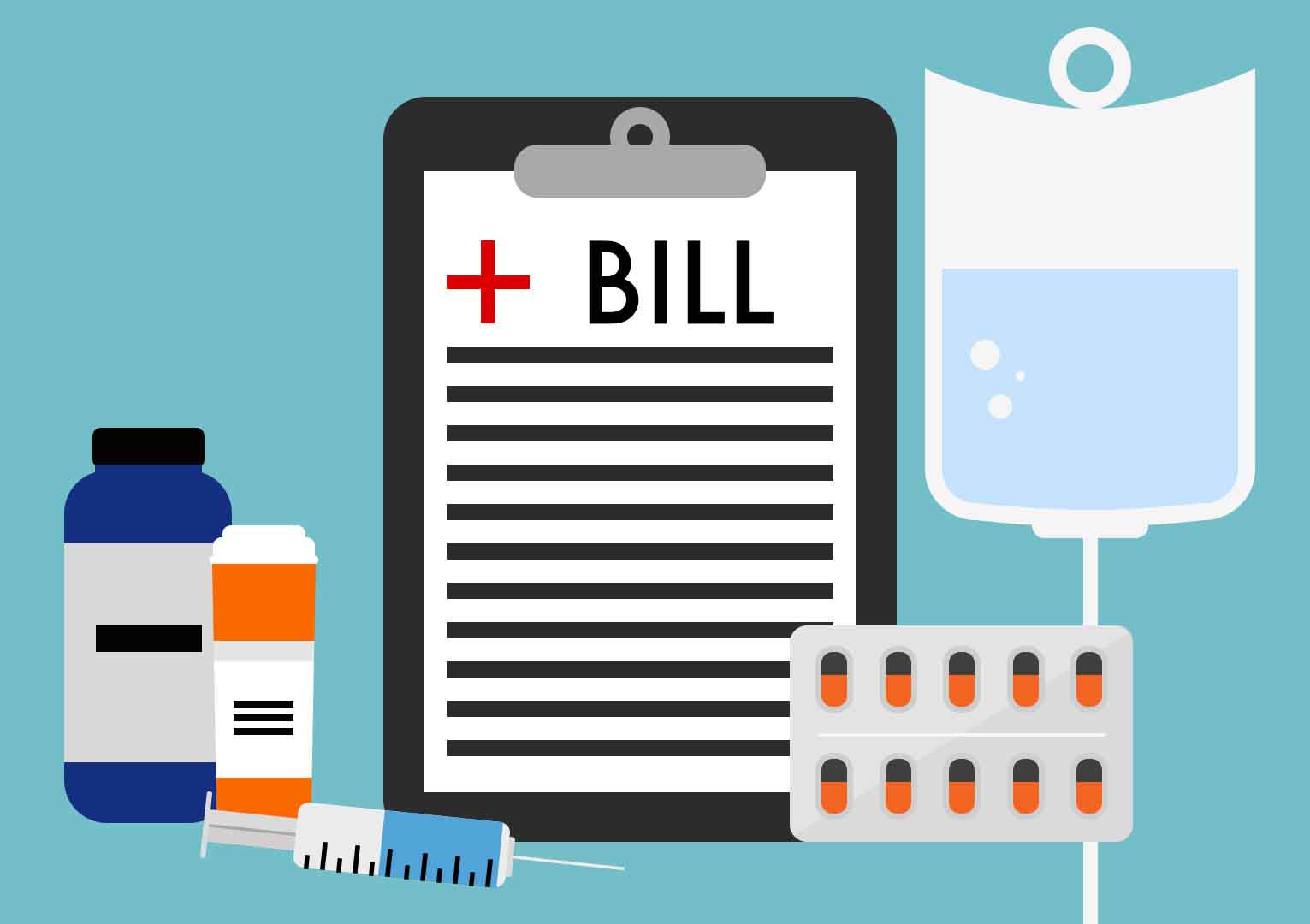In the current phase where there are rapid changes in reimbursement methods, it is imperative that healthcare organizations capture every charge representing the care provided, and they bill correctly as per regulations.
Unfortunately some RCM applications fail to identify missed charges and make the process of rectifying any leakage harder than it has to be. Though it is the software application that processes these charges, it is the human intervention needed for input of data to these tools that lead to errors and loss.
RPA provides an easy solution for a hospital or healthcare system to prevent such charge leakage, streamline the process, and reduce the staff time required to perform these tasks.
According to the Healthcare Financial Management Association (HFMA), a large chunk of net charges are lost because of charge capture leakage. Among these errors are charges billed for services that differ from documentation, incompatible or contradictory charges between institutional and professional claims, or services that were never charged for at all. Collectively, these billing mistakes cost health systems millions of dollars every year in lost revenue and that doesn’t include the cost of staff time to track down and close gaps in charge capture. It is not surprising, therefore, that charge leakage topped the list of priorities in a recent? HFMA survey conducted amongst healthcare executives. Few have successfully implemented automation tools to arrive at a solution to solve this issue, but many are still grappling with inadequate knowledge on tools.

Robotic Process Automation (RPA) is a solution to automate rules based manual tasks. Performing administrative and clinical tasks that contribute to the capture, management and collection of patient revenue system, “Transaction Processing” can be easily accomplished by RPA. In accordance with the billing services the charge entries are made by the RPA bot and it can move the charges to exception queue for manual intervention before posting payments.
What can RPA offer Transaction Processing?
Provider Enrollment, Eligibility, Charge capture, Payment processing, Claims management, Credit balance resolution.
What are the RCM tasks affected by Transaction Processing?
- Charge capture: Rendering medical services into billable charges.
- Claim submission: Submitting claims of billable fees to insurance companies.
- Collections: Determining patient balances and collecting payments.
- Remittance processing: Applying or rejecting payments through remittance processing.
- Third-party follow up: Collecting payments from third-party insurers.
RPA advantage for RCM processes
- Eliminates manual errors in payment processing
- Creates Error free Collection Protocol
- Identifies anomalies in unpaid balances and resolve them faster
- Faster creation and update of transaction processing

